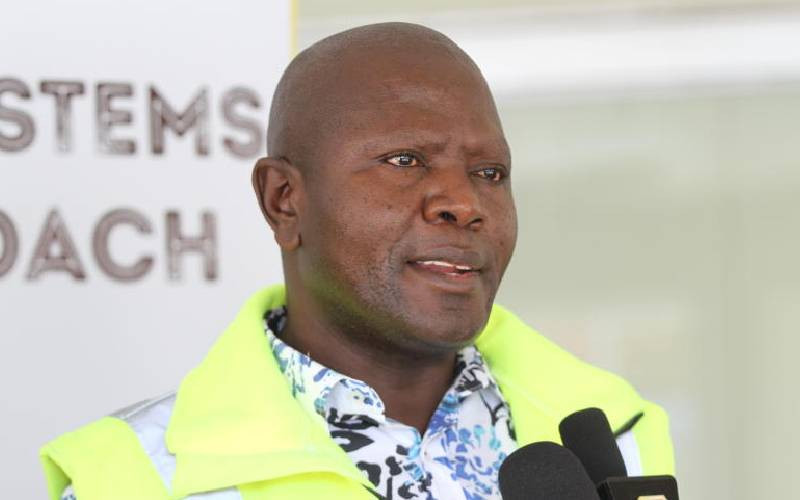×
The Standard e-Paper
Home To Bold Columnists

Mental disorders are one of the leading causes of increased road accidents that have forced the authorities back to the drawing board in a bid to reverse a trend that costs the country Sh734 billion annually.